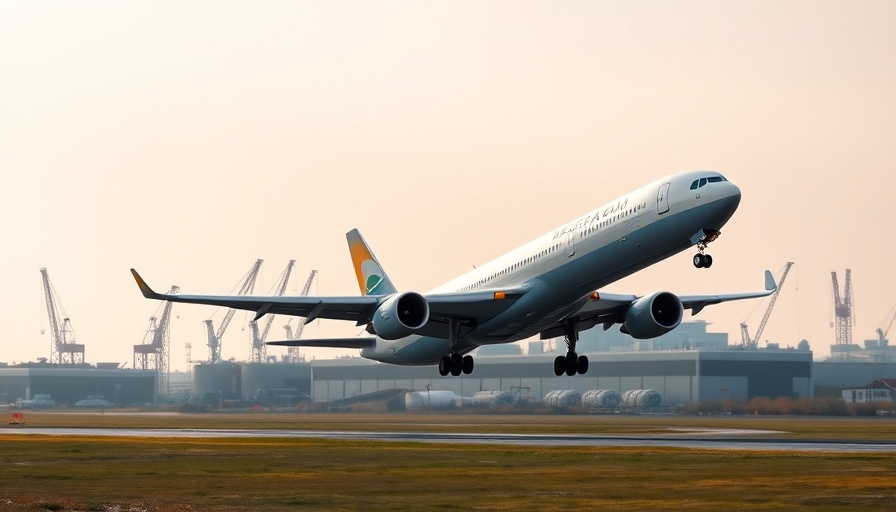
El Salvador's Bold Proposal: A New Kind of Diplomacy
In a surprising twist in international relations, El Salvador's President Nayib Bukele has made a shocking proposal to exchange 252 Venezuelans deported from the United States for a number of Venezuelan political prisoners. As geopolitical landscapes shift, this initiative raises significant questions about human rights, political leverage, and the dynamics of power between these two Latin American countries.
What is at Stake? Understanding the Proposal
El Salvador's offer, announced via a post on X, could alter the fate of many individuals involved. Bukele's tweet stated that he expects the Venezuelan President, Nicolás Maduro, to consider the exchange. The Venezuelan government has yet to comment on the proposal, indicating an uncertain diplomatic path.
Among the political prisoners Bukele highlighted are well-known figures such as journalist Roland Carreno and human rights lawyer Rocio San Miguel. The mention of these individuals underscores the severe political clashes within Venezuela and the need for international focus on human rights violations occurring there.
Historical Context: The Venezuelan Crisis
Understanding the historical context of the Venezuelan crisis is crucial. Since 2014, Venezuela has faced a debilitating economic collapse that has driven millions to flee the country. Amid rampant inflation and political turmoil, the Maduro government has been accused of human rights abuses, which has resulted in an authoritarian regime. The plight of Venezuelans living abroad, particularly in the U.S., adds layers of complexity to the proposed exchange, as these individuals often seek refuge from the very conditions Bukele hopes to ameliorate with this swap.
Regional Implications: A New Strategy for Diplomacy in Latin America
The proposal could signal a new trend in regional diplomacy, where countries seek to leverage their positions in international negotiations. El Salvador has previously faced its own challenges, and this strategy could symbolize an assertive approach to reclaiming autonomy amid global power plays. By offering a trade of individuals, Bukele may be positioning El Salvador as a peace broker in the troubled waters of Venezuelan politics.
Potential Risks and Challenges
While the proposal sounds noble in intention, it carries various risks. Critics might raise concerns over whether the exchange genuinely serves the interests of human rights or if it is merely a strategic maneuver to cement Bukele’s domestic support. The idea of swapping prisoners may also face backlash not just from international human rights organizations, but also from citizens in both nations who are wary about endorsing such practices.
Conclusion: The Stakes are High
This uncommon diplomatic suggestion from El Salvador reflects a broader narrative of the Latin American struggle with governance, human rights, and political freedom. The outcome rest on whether the Maduro regime is willing to engage and reciprocate. Additionally, staying informed on ongoing developments is crucial. Political stakes in the region remain fragile, and this proposal brings the plight of political prisoners to the forefront once again, potentially igniting renewed global discussions around diplomatic strategies for improving human rights.
Thus, as citizens and global investors, it's essential to track these events not just for their humanitarian implications but also for their potential economic impacts, as political stability often correlates with market conditions and investment opportunities.
 Add Row
Add Row  Add
Add 



Write A Comment